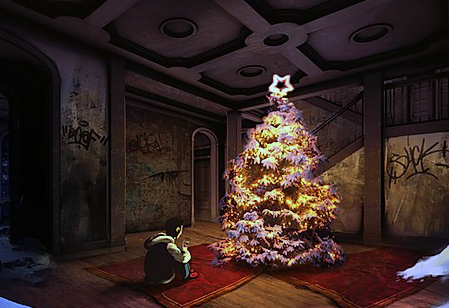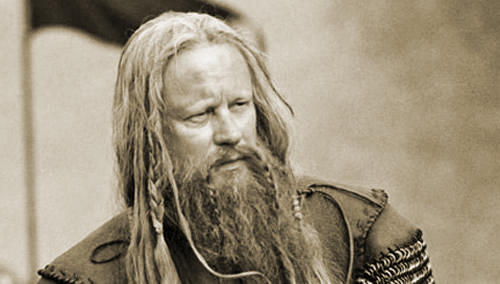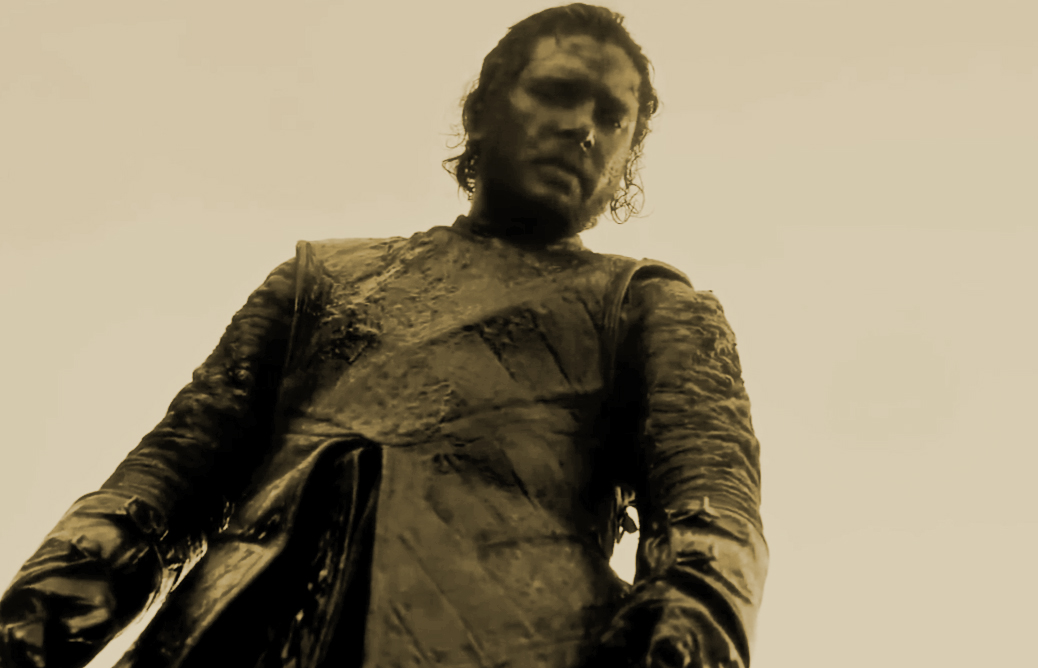Is Charles Manson good for Hitler’s 88 words?
Below I’ve cut and pasted my response to Joseph Walsh in the previous thread, whom I met in London five years ago. He said:
 On Charles Manson, I remember you quoting Jake F. saying Atomwaffen Division members were “unhinged, to say the least” but at the same time you are a Mexican who wants the genocide of 99% of humans including all Mexicans so society would of course see you as “unhinged, to say the least”.
On Charles Manson, I remember you quoting Jake F. saying Atomwaffen Division members were “unhinged, to say the least” but at the same time you are a Mexican who wants the genocide of 99% of humans including all Mexicans so society would of course see you as “unhinged, to say the least”.
I am not a Mexican. Click on my avatar and you’ll see me as a baby. The overwhelming majority of Mexicans don’t look like that as babies. The overwhelming majority of Mexicans are Christians. I am not. Mexicans of the upper class are liberals, even the Catholics. I am not a liberal. The overwhelming majority of Mexicans eat meat. I do not, nor do I like football as they do.
I come from parents who in the early 1960s were premiering orchestra pieces at Utica, New York with my father as the composer and my mother as the piano interpreter of my dad’s symphonic music. The overwhelming majority of Mexicans are not heirs of classical music, not even remotely.
As to ‘unhinged’, my philosophy is as unhinged as that declaration of Schopenhauer that it’s better that suffering mankind should be called home, or as Bertrand Russell’s statements that all of mankind should be exterminated. Unlike pessimist Russell, I am only saying that the most beautiful whites, with empathy toward the animals, must be spared from such exterminationist fantasies. That still may sound unhinged to the majority of ears, but could it be common sense from the POV of an ET mind? (cf. Arthur C. Clarke’s last words in Report on Planet Three).
I think you tend to overestimate your importance. Most of what you publish on your blog is writings from other people, you have not really said anything too original but rather summarized modern Aryan ideology. If the Aryan race does become extinct it won’t be because it didn’t read the blog of a Mexican!
True. But my really original stuff is my 1,600-page book trilogy that, after I finish my backup PDFs, I may start to translate.
Sometimes you come across as pompous and it wouldn’t surprise me if you eventually shut down comments altogether and just talk to yourself.
I only reject those comments that, as Mauricio says above, demoralise the true Aryan; those silly pro-Christian comments after they’re told repeatedly to stop their preaching; those Meds who openly resort to insult because of my Nordicism (Dr. Morales), and a troll from Florida who uses many sockpuppets and who I believe was also banned in other racialist forums.
I notice you are friendly to people when you like what they’re saying but then you cast them off as soon as they’ve outlived their usefulness.
Examples please? As Evropa Soberana does in his site, I could have not allowed a single comment since 2011. But I’ve allowed thousands of them. I now believe that Vig was right: time matters. Sometimes I even suspect that the pessimists like Devan are not ethnically Aryans and just come here to demoralize the would-be soldiers. Other times I find out that they are mudbloods that hate me because of my Nordicism.
Though you portray yourself as some inheritor to the National Socialist legacy this is nonsense as non-Aryans can have nothing to do with National Socialism.
I portray myself as an admirer of NS, not as a National Socialist. Even the real Nazis admitted some Spaniards from the Franco regime to fight in a battle, right? What’s wrong with that?
Moreover what you endorse (The Turner Diaries solution) was not something Hitler would endorse. National Socialism and C.T.’s ideology are two different things.
Of course. NS thrived before the West’s darkest hour. Now that the darkest time has already come, and that the age of treason is everywhere, it’s time for a scorched-Earth policy.
And while you talk about kooks who believe in conspiracy theories I believe you followed cults and paranormal nonsense up until your 40’s.
Until the early 1990s to be precise, when I was in my early thirties. I did not believe in parapsychology for character flaws, but because, as I’ve explained elsewhere, I was tortured at seventeen and needed a defence mechanism.
But the real point is that, in times before the internet, it was virtually impossible to obtain the right information. I mentioned above November 1989. Major CSI figures visited Mexico City in that month. Finally, I could read the sceptical books they brought here from the US.
Unlike you I awoke when I was 13 and…
How can Neo unplug himself from the Matrix if no Morpheus contacts him through the internet? Did you awake thanks to the internet? If not, even in London pro-white info used to be far more reachable than in Mexico before the age of the internet! Yours is reasoning under a false analogy.
I have been interested in the white race since I was 17. I’m now 31.
So you were born in the late 1980s. I was interested in the white race since Second Grammar School, that is 1966, when I was 8/9-years-old, as I confess in the last book of my trilogy.
That means much more time to develop my thoughts unlike you who only awoke in 2008 when you were 50.
By ‘awakening at fifty’ I meant that before that year I did not even know that white nationalism existed or any website defending the West. I started to awake by the end of 2008, as soon as I discovered that info on the internet. Before I started to use the internet, the germane info I used to get in Mexico was almost zilch compared to the info an average American gets in the US. The main pro-white figures are not mentioned, ever, in the Mexican media. Conversely, the Phil Donahue Show at least interviewed Jared Taylor in the 1990s; 60 Minutes also interviewed William Pierce long ago, etc.
And you can put down the Charles Manson… but the future belongs to the white youth and those whites being born at present, not old Mexican boomers.
I’ve never claimed that any Mexican (a real Mexican I mean) should or will inherit the Earth. Rather, my point is that none of the Charles Manson fans—not one of them—has ever provided in this site, or in the book Siege, any rational argument as to why Manson is good for the 14 words. The only thing I hear from them is a blind admiration with no rationale for such admiration.
Perhaps I should add a new post with the title: ‘Open thread: Why is Manson good for Hitler’s 88 words?’ I bet none will advance a single compelling argument, even if I add no further post tomorrow to give critics a chance to focus on the hatnote question above…







